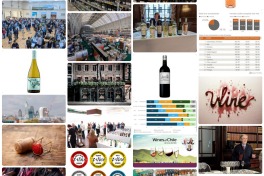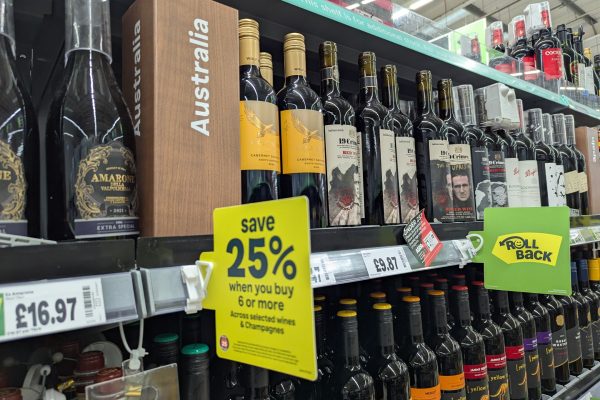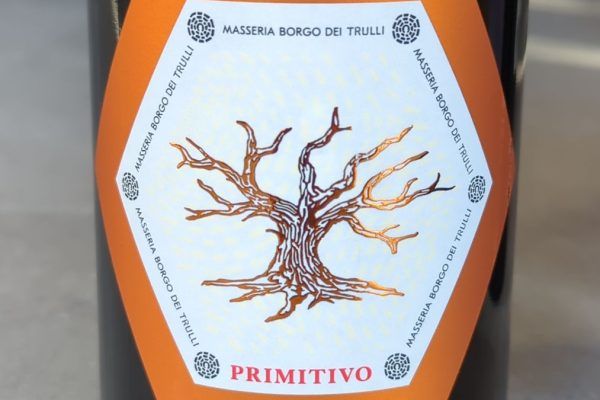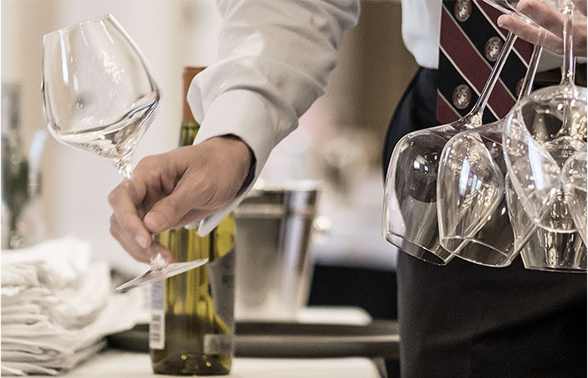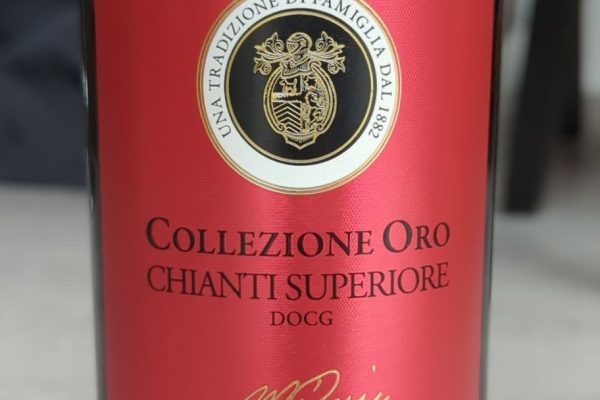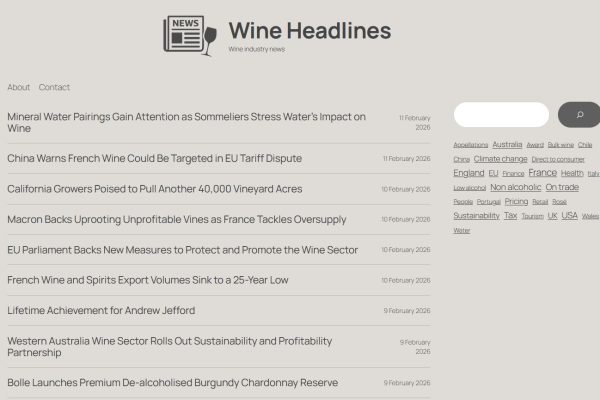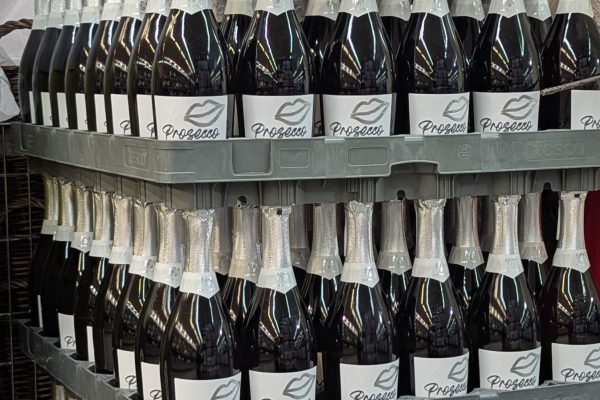
New research titled “Balancing Gains and Losses—A Research Note on Tradeoffs in the Case of Non-Alcoholic Wines in Germany,” authored by Frederik Nikolai Schulz, Alexander A. Kugel, and Jon H. Hanf, in Germany, explores the increasing significance of non-alcoholic wines . It highlights the dynamic market development of these products in recent years and addresses the lack of literature on their sustainability impacts across ecological, economic and social dimensions. The authors identify trade-offs where positive aspects in one sustainability dimension often come with drawbacks in another, such as the increased use of resources in alcohol removal processes versus the economic benefits of tapping into an emerging market segment and the health benefits associated with reducing alcohol consumption.
The production of non-alcoholic wines involves additional processes, like dealcoholisation, that increase resource use, potentially leading to a larger CO2 footprint compared to traditional wine production. Economically, while non-alcoholic wines offer a growing market segment, their development poses challenges, such as potential competition with alcoholic wines and the legal complexities around producing non-alcoholic organic wines in the EU. Socially, the shift towards non-alcoholic alternatives is viewed positively for reducing alcohol-related harm but also raises concerns regarding the health impacts of increased sugar content used to adjust the flavour profiles of non-alcoholic wines.
The paper emphasises the need for a holistic view of sustainability that considers the interconnectedness of ecological, economic, and social factors in the production and marketing of non-alcoholic wines. It suggests that future research should focus on developing alternative production methods.




